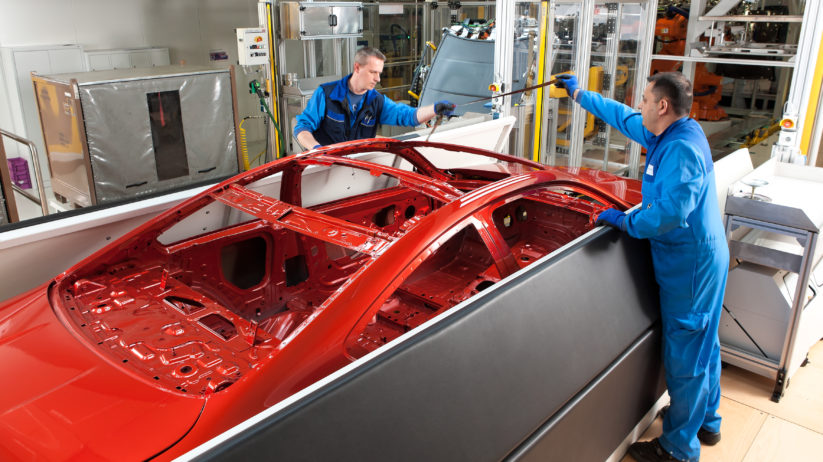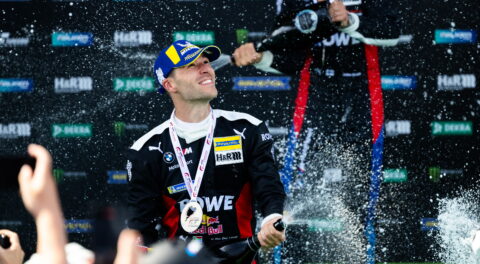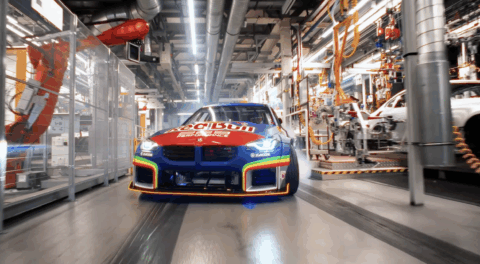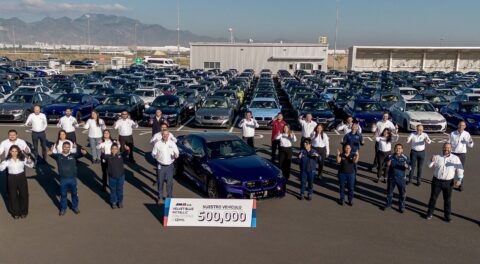According to a report by Manager Magazin, a monthly German business publication, BMW CFO Nicolas Peters is looking to cut between 5,000 to 6,000 jobs from the automaker’s workforce by 2022. The positions in jeopardy are mostly concentrated around the brand’s headquarters in Munich, and the motivation behind the move is clear; as society redefines mobility, bellwether automakers are struggling to remain profitable while continuing to incur massive expenditures in preparation for an uncertain future.
As of July, before CEO Harald Krüger departed the company, a hiring freeze has been in effect, and management is using employee attrition and turnover as ways to control operational costs. It’s said that BMW plans to keep its 2019 workforce level unchanged from last year, with 2022 as the deadline for achieving the proposed cuts. All of this has been occurring at the same time as an executive shakeup continues at the company, a process which began earlier this year. For example, Oliver Zipse, the new CEO, has yet to select an individual to fill his previous position as production boss.
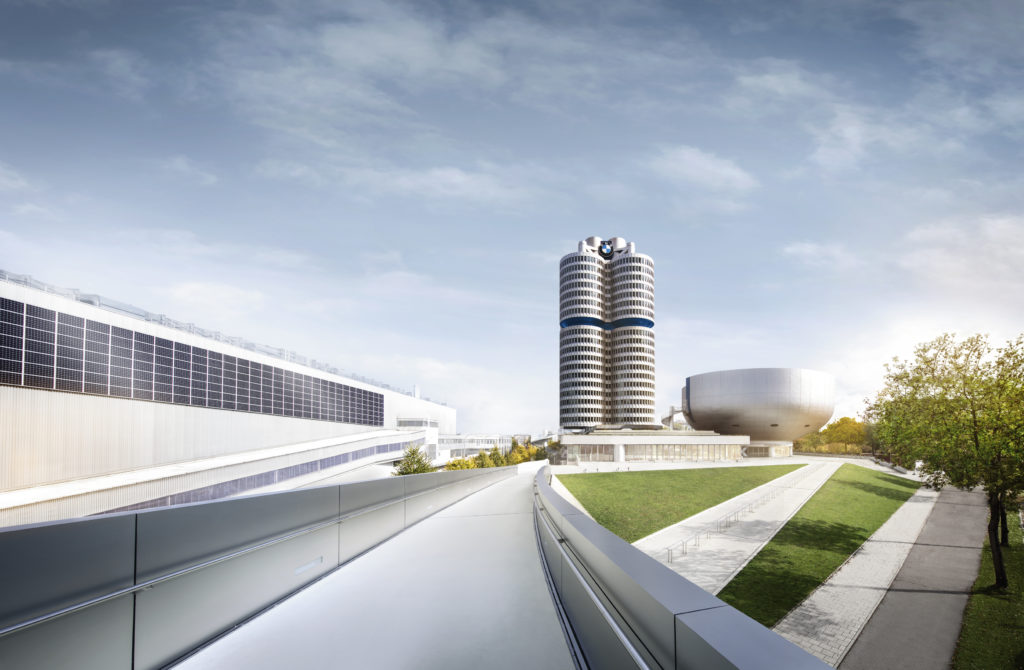
The same woes that BMW is facing are also affecting the rest of the auto market. As we have chronicled over the past year and a half, an uncertain future is driving almost every automaker, irrespective of size, to pursue joint ventures and cooperative strategy with other firms. BMW is no exception, working with Toyota to develop platforms and hydrogen fuel cell technology, sharing platforms, autonomous tech, and mobility services with Mercedes-Benz, and most recently, collaborating with Jaguar for development of electric propulsion systems and engine sharing.
As some may have predicted, however, not all of these endeavors are bearing fruit. The merging of mobility services with Daimler hasn’t gone as smoothly as planned, and the head of the merger resigned this week; and whether or not the undertaking with Toyota will turn a profit remains to be seen. It’s too early to tell, when it comes to Jaguar, but we’re more optimistic about that project, because there are still some long-term BMW holdovers in upper management at the company.
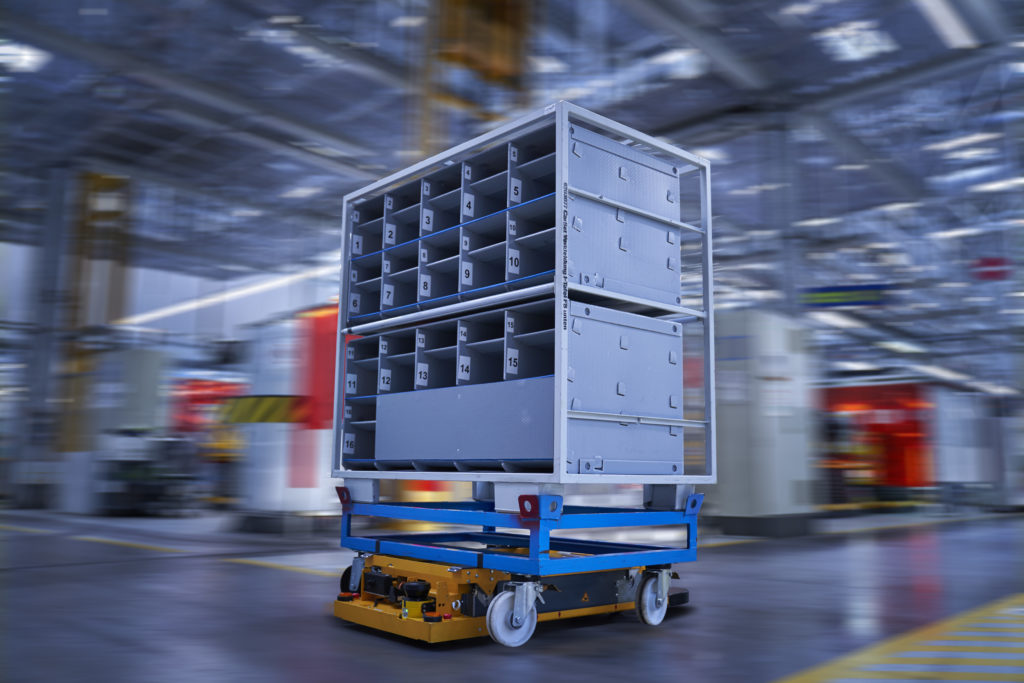
Where are all of the people?
Automation can’t be ignored, either. Back in April, BMW partnered with Microsoft to launch the Open Manufacturing Platform to further automate factories with smart devices and fewer humans. BMW’s production prowess is enviable to many other auto manufacturers, and it’s clear that many processes have already been mechanized and automated over the years. This trend is only going to continue to accelerate, and it’s not just carmakers; factories and production plants for nearly all products are trimming their workforces at unprecedented rates as smart machines come online to shoulder the labor.
There are likely more management changes coming as well. Another report mentioned the possibility of development chief Klaus Fröhlich eyeing the door, thanks to an unwillingness to work with Zipse, even though Norbert Reithofer, former CEO and current chairman of the supervisory board, favors his staying.—Alex Tock
[Photos courtesy BMW AG.]

